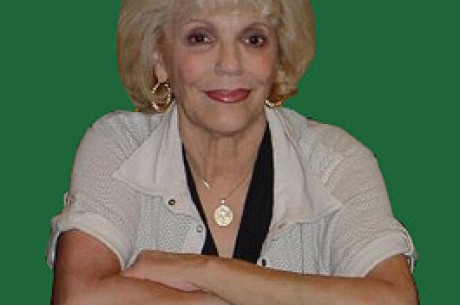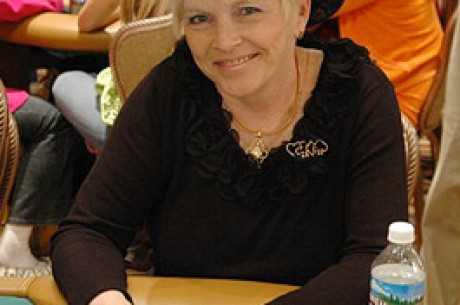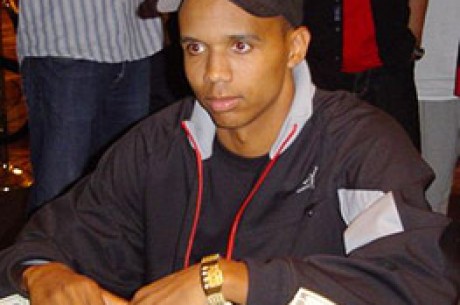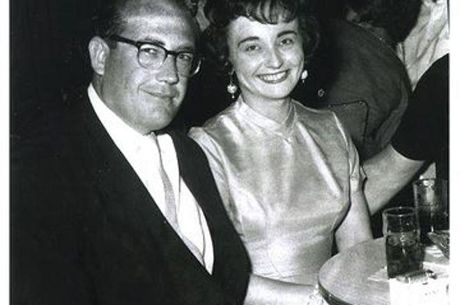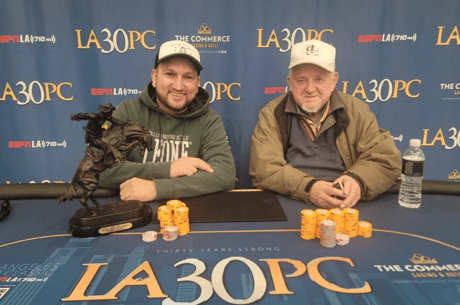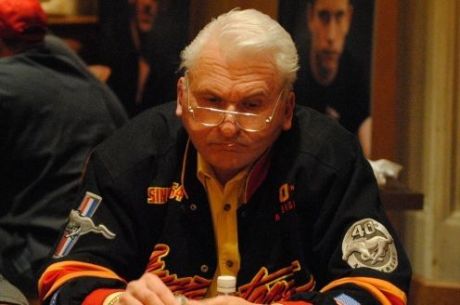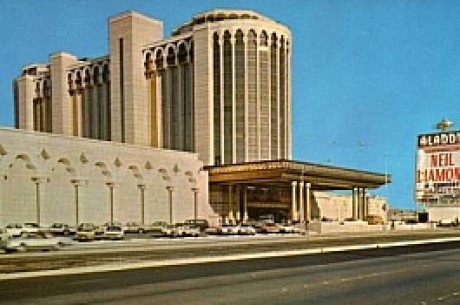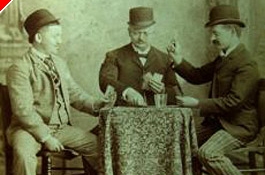Legends of Poker: Layne Flack
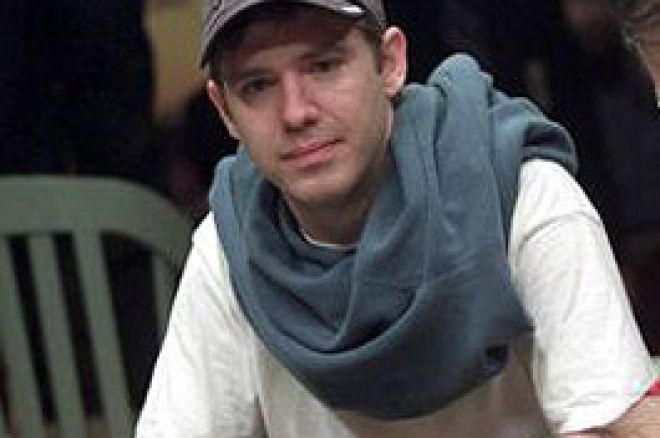
Is it possible to be under forty years old and already a poker legend? Certainly Phil Ivey fits the category (and he's only 29), but are there really players out there that are already household names who are also deserving of inclusion in the world's legends of poker? I may not be the best person to judge, but since I have the soapbox, I'll throw a name at you: "Back to Back Flack."
Legends come from nowhere (and Layne's home town of Rapid City, South Dakota has been called that), and they come from everywhere, but where poker legends play from is - the heart.
Doyle Brunson was a decent hold'em player before he was treated for cancer, but after his long recovery he remembers winning over 50-straight poker sessions. How is that possible? It's a miracle, just like his recovery was. Doyle says he made great reads after his surgery. Layne Flack does surgery on his opponents with his great reads.
Flack was born in 1969, and spent his early years in Montana. He returned to South Dakota to finish high school in 1987, and then went to work as a poker dealer. At 24, he and his girlfriend moved to Reno, Nevada and by 1995, when his daughter Hailey was born, Layne was a full-time professional poker player.
He remembers the game coming very easily to him, and his first year of playing was filled with large wins that also included some tournament cashes. Layne blames himself for no longer living with his daughter and her mother. "It was a mistake, thinking that work was more important than my family," Layne says about his time in Bozeman, Montana where they moved so he could run the poker room in a local casino. Before his daughter was two, Layne was alone, and living in Las Vegas.
His first big score came at the Horseshoe, where he won a Hall of Fame $1500 no-limit hold'em event, and pocketed $68,000. Other tournament wins followed, and so did some high-limit live action. Layne's ability didn't go unnoticed by poker's best players, and when he went through a few bad sessions, Johnny Chan was more than willing to back his play.
The decision was a profitable one for Chan, who got a windfall almost immediately when Layne won a $500 buy-in tournament at the Rio. The following year, Flack won his first World Series of Poker bracelet in the $3,000 Pot-limit hold'em event. His $224,000 win was huge, but there were clouds on his horizon. Like many other players, Layne liked to drink, and his table persona was one of reckless abandon.
Phil Hellmuth calls him "a no-limit hold'em genius," but much of it comes from Layne's belief in his sixth sense. Flack says he "makes calls with the worst of it because I know I am going to win." "I don't read books, I don't want to change my style of play, and I don't want other players to figure me out." Doyle Brunson had to reinvent his game after writing Super/System because he told everybody how he played. Flack won't ever have that problem. He's still as reckless as ever, at least at the tables.
In 1999, Layne moved up to play $2,000-$4,000 7-card stud, and was soon at the top of the food chain, playing $6,000-$12,000. Excellent live-action play puts him in a very small group of successful tournament players that could still eat if they had to play only live games. However, Layne had a serious bankroll problem.
He appeared in the World Poker Tour's Season One Invitational, and came away with $100,000 in first place money. In April of 2002, Layne took top honors in the $2,000 no-limit WSOP tournament and picked up a second gold bracelet (and $303,000). In May, he won his third in the $1500 No-limit tournament and received $268,000. He also took second in the World Poker Finals and won $187,000. Tournament money was rolling in, but the money came and went so quickly that he had to be staked by his friends.
In 2003's WSOP, Layne won back-to-back gold bracelets again by taking the $1500 limit hold'em shootout and also the $2500 Omaha hi/low tournament. His payday for a few sleepless nights: $240,000. However, sleepless nights continued as Layne worked hard to center his life on his family and playing poker.
After taking a two-month break from poker, Flack had a lot to prove in Aruba, and his play came from the heart - he wanted his daughter to be able to see him playing at the final table (which was the only table the nine-year old would be allowed to watch). Cards run funny sometimes, and you don't always get what you want in life, but there and then, all was well in the universe. Layne just missed the championship, winning $500,000 for his second-place finish. I'm not sure whether daddy or his daughter were prouder of the accomplishment.
Layne proved he is truly back on track when he took a second-place finish in the $1500 Pot Limit hold'em event in the 2005 WSOP (for $186,000) and also a forth-place finish in the $5000 Short Handed no limit hold'em tournament (for $99,000). Substance abuse has knocked a lot of fine players out of the water, but Flack is back, playing from the heart, and making his daughter proud of him. And that, my friends, is the stuff of legends.

